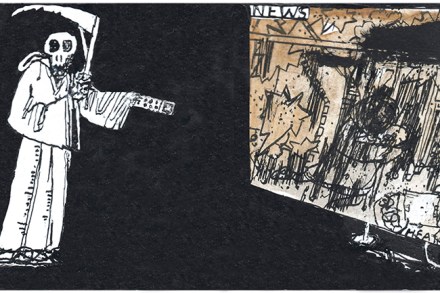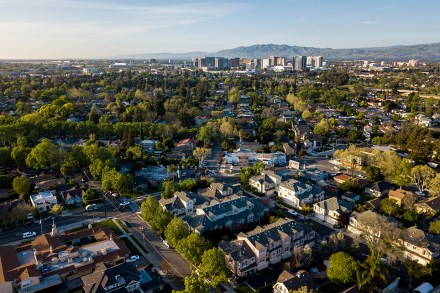The Tories didn’t lose Mid Bedfordshire – Labour won it
In 1975 I travelled as an undergraduate to Egypt, Lebanon, Syria, Jordan and finally to Israel. I visited refugee camps and met a Palestinian militant, Bassam Abu Sharif, who had been blinded in one eye by a Mossad parcel bomb. I talked to policymakers in each country and heard a range of Israeli opinion. On return I wrote in the Jewish Chronicle of the need to address the plight of the Palestinians caused by their displacement. I made the case in favour of a two-state solution five years before the 1980 Venice declaration on Palestinian statehood. One of today’s many tragedies is that Hamas’s barbarism has pushed that solution even




















